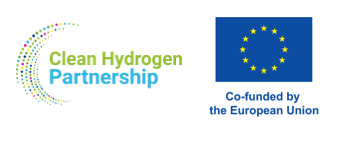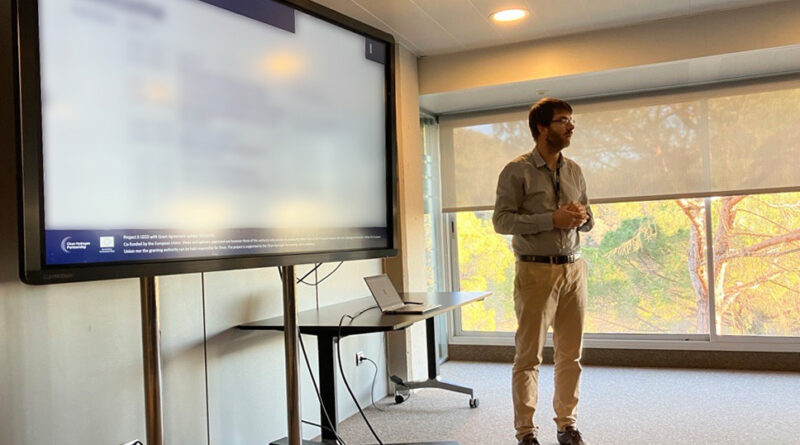X-SEED, a new European project to boost the production of renewable hydrogen
Terrassa, February 20, 2024 – Leitat, a national and European reference technology center accredited by ACCIÓ and recognized by the Ministry of Economy and Competitiveness, has begun coordinating a new European project called X-SEED. The goal of X-SEED is to develop an electrolyzer that has the potential to generate renewable hydrogen more efficiently and at a lower production cost than the electrolyzers currently used industrially.
“Renewable hydrogen is one of the key technologies for decarbonizing the economy” says Pau Bosch, scientific coordinator of the project and principal investigator of the BioElectrochemical Systems group at Leitat. “The X-SEED project, with a consortium formed by different European companies, Snam S.p.A., Particular Materials, Industrie De Nora and the Technical University of Denmark, and co-financed by the European Union and supported by the Clean Hydrogen Partnership, aims to develop a new technology that will make the production of renewable hydrogen economically competitive.”
The new technology could be used to produce renewable hydrogen for a wide variety of applications, such as: vehicles, electricity generation, industrial processes (steel, cement and fertilizers) among many others, helping to decarbonize our economy.
An electrolyzer is an advanced device that utilizes electricity to obtain hydrogen and oxygen from water, serving as a key component in the diverse range of hydrogen generation systems available in the market. The electrolyzer that will be developed in the X-SEED project is based on an innovative technology that uses supercritical water conditions (high pressure and temperature). These conditions are very different from the usual operating conditions of currently commercialized electrolyzers, allowing to reduce the energy needed to produce hydrogen, and to reduce the need for scarce and expensive raw materials such as catalysts and membranes. In addition, the new electrolyzer has a membrane-free system, which simplifies its design and manufacturing. This also contributes to reducing the hydrogen production cost, as well as extending the equipment’s lifetime.
“We believe that the X-SEED project has the potential to boost the production of renewable hydrogen,” says Bosch. “This technology could have a significant impact on the decarbonization of the European economy, especially in those industries that have high-temperature processes, which are difficult to electrify. In these industries and by means of the electrolyzer developed in the project, their waste heat could be used to generate hydrogen in a very efficient way, which could replace fossil fuels burned in these industrial processes or be used for other purposes.”



Project X-SEED with Grant Agreement number 101137701
Co-funded by the European Union. Views and opinions expressed are however those of the author(s) only and do not necessarily reflect those of the European Union or the Clean Hydrogen Partnership. Neither the European Union nor the granting authority can be held responsible for them. The project is supported by the Clean Hydrogen Partnership and its members.

